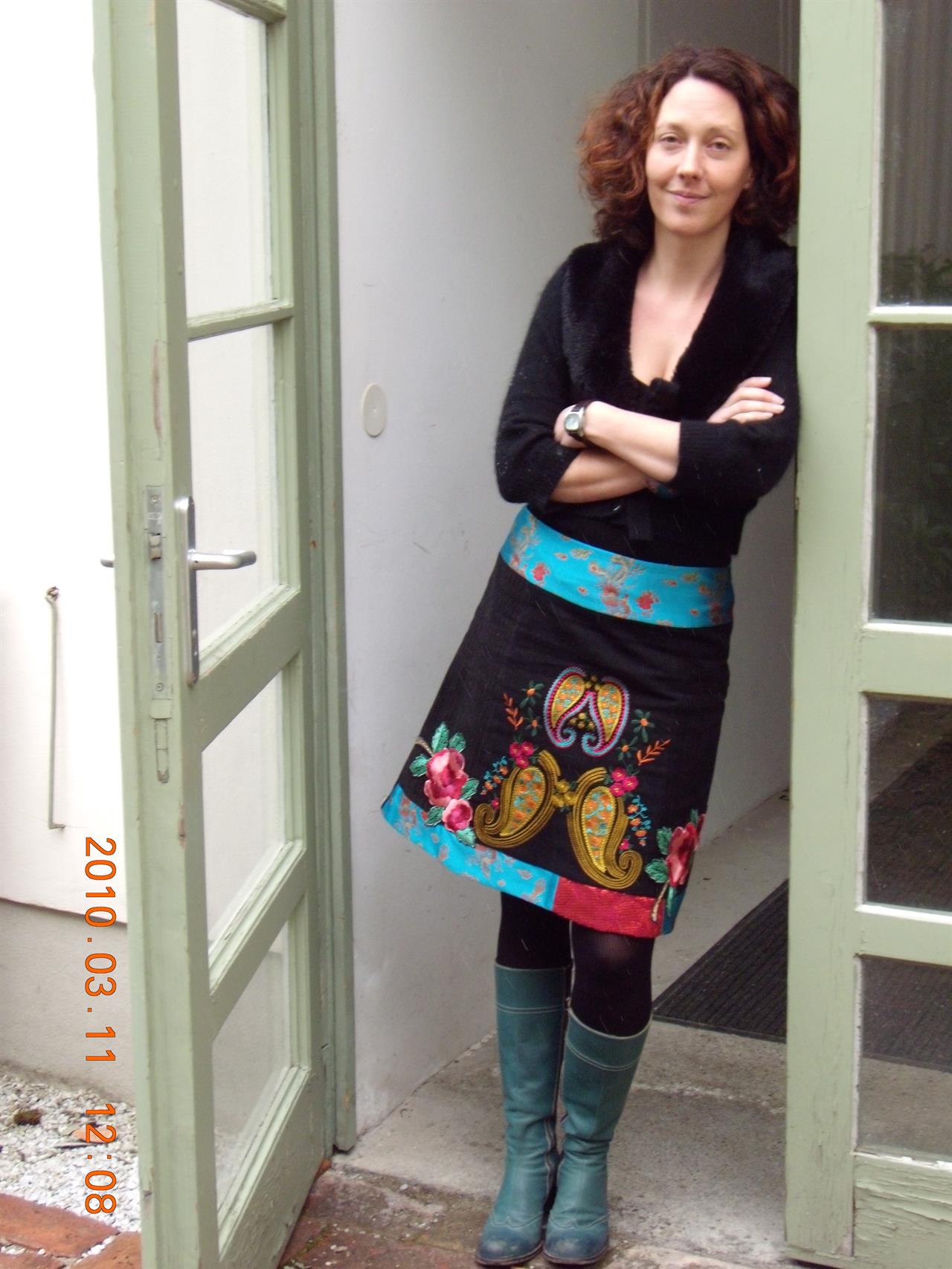Non profit
Innovation on a shoestring
The Austrian third sector will have to be creative to fare the crisis says BDV director Judith Pühringer

Judith Pühringer is Managing Director of the Austrian Federal Association of Social Enterprises (BDV), an organization representing 200 non profit enterprises working in the field of social integration in Austria. The crisis, she says, represents a risk for social integration but also an opportunity for alternative economic models to emerge. As for the challenges ahead, three stand out particularly: innovation, funding and environmental sustainability.
What effect will the government’s financial measures have on Austria’s non profit sector?
They will definitely have a negative impact and organizations like ours that work in the field of social integration are already feeling it. But Austria is also talking of introducing a minimum income scheme which will need to address social integration and integration by employment in particular, which means that our organization is expecting more work and an increased budget however we are uncertain at this moment in time.
Is the third sector preparing itself in any way in case there are budget cuts?
From our point of view it is unthinkable that during an economic crisis there are cuts affecting the labour market and social integration. These are hard issues to lobby on but social welfare lobbying in general is complex and politically sensitive and it is what we as an organization do. So lobbying is really our way of preparing ourselves for the crisis as well as offering solutions to the authorities.
What main challenges will the Austrian non profit sector face in the next five years?
I see three main challenges. We will have to find creative, innovative ways of making cuts and savings. Social innovation requires freedom of movement, so one of the greatest challenges will be focusing on innovation despite the lack of funds. Another challenge is that of public procurement. Austria is very strict when it comes to allocating funds to the third sector and often small organizations are left out of the procurement procedure as they lack the resources and skills required to make the bids. The result is that only large NGOs get a share of the cake. The third challenge is that the sector as whole will have to pay more attention to environmental sustainability. The solutions of the future have to understand that environmental and social issues cannot be separated from each other: sustainability and integration go hand in hand.
Will anything positive come from the economic crisis?
Of course in every economic crisis there are also opportunities and ups and downs. Opportunities for alternative economic models may emerge because people are tired of the neo-liberal and capitalist economic model. Perhaps at a local and community level socially minded community enterprises might start to emerge and perhaps this is where we can step in.
Judith Pühringer is also a member of the coordination team of the Austrian Anti-Poverty Conference and of the Employment Task Force of the European Anti Poverty Network.
Nessuno ti regala niente, noi sì
Hai letto questo articolo liberamente, senza essere bloccato dopo le prime righe. Ti è piaciuto? L’hai trovato interessante e utile? Gli articoli online di VITA sono in larga parte accessibili gratuitamente. Ci teniamo sia così per sempre, perché l’informazione è un diritto di tutti. E possiamo farlo grazie al supporto di chi si abbona.
